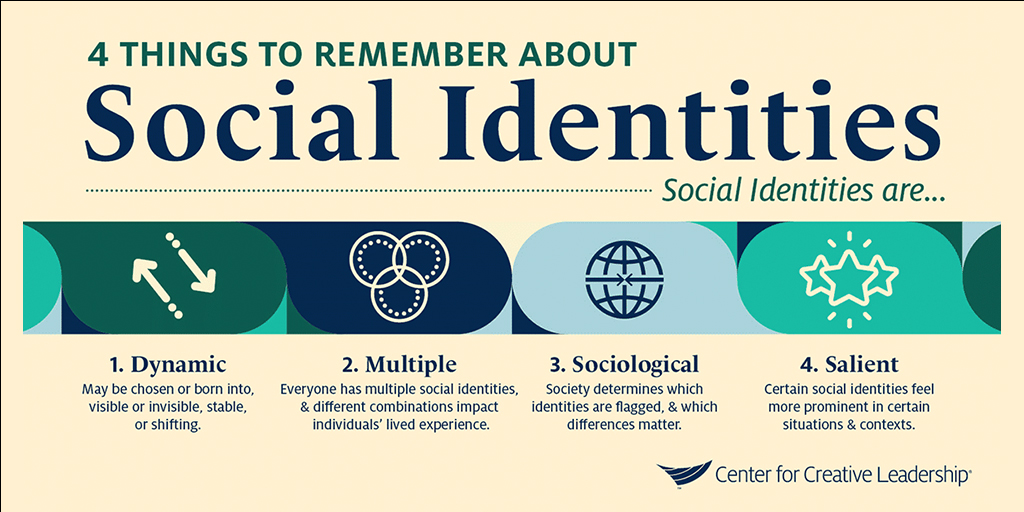
On Wednesday, April 24, we hosted Dr. Sarah Eddy to discuss how course climate supports student engagement in active learning. Active learning in STEM courses Dr. Sarah Eddy’s research focuses […]

Midcourse Formative Review (MFR) is a new service offered by TLL to support faculty and instructors as they grapple with how to best engage and support their students’ learning.

Resources to Support Reflection on Identities & Positionality One of the foundational practices for creating an inclusive and bias-reduced classroom is to reflect on your own multiple and intersecting identities […]

Due to the contentious issues surrounding the Israel-Hamas war, you may encounter situations in your classroom that challenge your skills as an instructor. These resources can help you develop strategies […]

Making Documents Accessible Accessibility is the practice of creating digital content that all people can perceive, understand, interact with, and navigate. Since so much, if not all, course content is […]

In January 2022, the Teaching & Learning Lab launched a new interdisciplinary community in which 12 MIT faculty and instructors came together to engage in anti-racist work within the context […]

Collecting formative mid-semester feedback is an extremely effective way to gain targeted and specific information from students about what aspects of the subject support their learning.

Charged and stressful events occurring on campus or in the national or global community can create challenging classroom dynamics and distract students from their academic work. As an instructor, your […]

As we continue to increase the diversity of our community at MIT, cultivating inclusive and equitable learning experiences becomes even more vital to supporting students’ learning and sense of belonging […]


